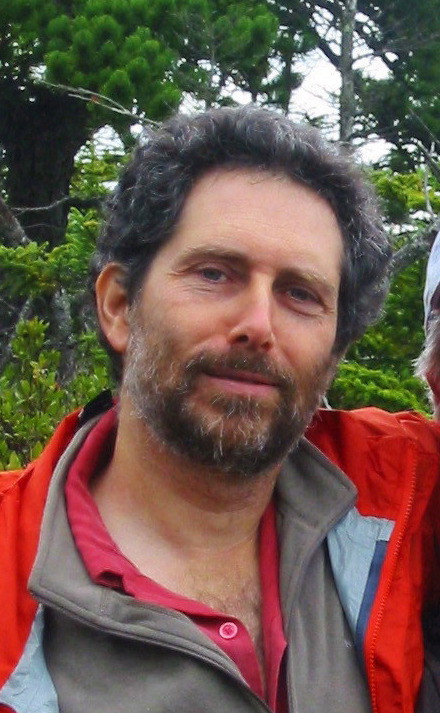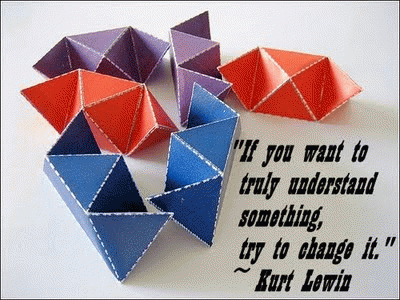Most Americans are unaware that the primary aim of public education is to socialize, and was never to educate. Before public education the US was nearly 100% literate and now that the rest of the world has become literate (82% averaged over countries) over 60% of the US population is functionally illiterate. Many argue that this is either by design or for reasons of profit, as is discussed further in Diane Ravitch's "Left Back: A Century of Battles over School Reform".
The arguments about high school curricula and the motives of educators has spilled over into education at other levels. We hear of admission preparation programs for kindergarten and questions about the value of a college education. See What is a College Education Really Worth? in The Washington Post .
While we don't hear much dispute about the value of a graduate education, graduate degrees are primarily a matter of certification and making connections. This was my experience participating in six post-graduate programs in physics where I was hardly taught anything of value, the one exception being an advanced course in numerical analysis. This is a matter of learning style and the the general incompetence of professors, but mostly it reflects students' failure demand value and respect. The best "teachers" I've had never tried to teach me anything, they just allowed me to join them in their work.
Little valuable teaching occurs because there is virtually no understanding of or demand for learning, but there is a great need for it, which is why I wrote "The Learning Project."
In this vein I wanted to share descriptions of the teaching style of Kurt Lewin, taken from the book "The Practical Theorist, The Life and Work of Kurt Lewin". Lewin was a German emigre, contemporary of Freud, and a founder of the field of social psychology.
Because Lewin could be critical without hurting, he stimulated creativity in all those about him. You could get into tremendous battles with him over ideas, and he would never hesitate to show you where he believed you were wrong. But never was there the slightest hint of any personal feeling about it, and if you ever came up with a good idea a minute later, he'd be as pleased over it as you were. - p.54
The seminars often met in Lewin's home, in a room with brown-stained wooden walls and a floor littered with sheets of brown wrapping paper on which Lewin and the students drew their diagrams in colored chalk. The 'full-fledged topologists' came to these sessions equipped with four-color pencils, to squat on their hands and knees and draw on wrapping paper. - p.89
It was so stimulating that following my first year of graduate study I enrolled in a summer session at Iowa in order to learn more about him. I found a whole group of people whose waking hours were devoted fully to working on ideas generated by Lewin... His ideas dominated this microculture, but he was never domineering. In seminars and informal bull sessions, the talk was invariably animated, often heated, and everyone participated. Lewin kept control of a corner of the blackboard, but everyone was encouraged to use the rest of it to display competing ideas. In such a setting it was hard not to become committed to a life of research. - p.90
I managed to get to Iowa City very often to spend long intensive weekends discussing hypothesis and experiments, raising new questions about involvement of different kinds of participants -- all conducted with the Lewin household as the center... Kurt was like the fire around which other people gathered for warmth and for light by which to read their own thoughts more clearly. (spoken by Margaret Mead ) - p. 91
Lewin never ceased to be as interested in the ideas of his juniors as those of his equals. To many of his students he brought a rare sense of recognition... "It was the first time that anyone had taken my ideas seriously." (Roger Barker a founder of environmental psychology) p.93
Working with Lewin was like waking up from sleep for the first time and realizing that there is this whole world of ideas about science. - p.87
I'm not concerned with Lewin's thinking per se, as interesting as it may be, but with the way in which he taught. It is not "teaching" in the way that word is used today, nor is it the stilted manipulation of the Socratic method. It is a model for all dialog.






